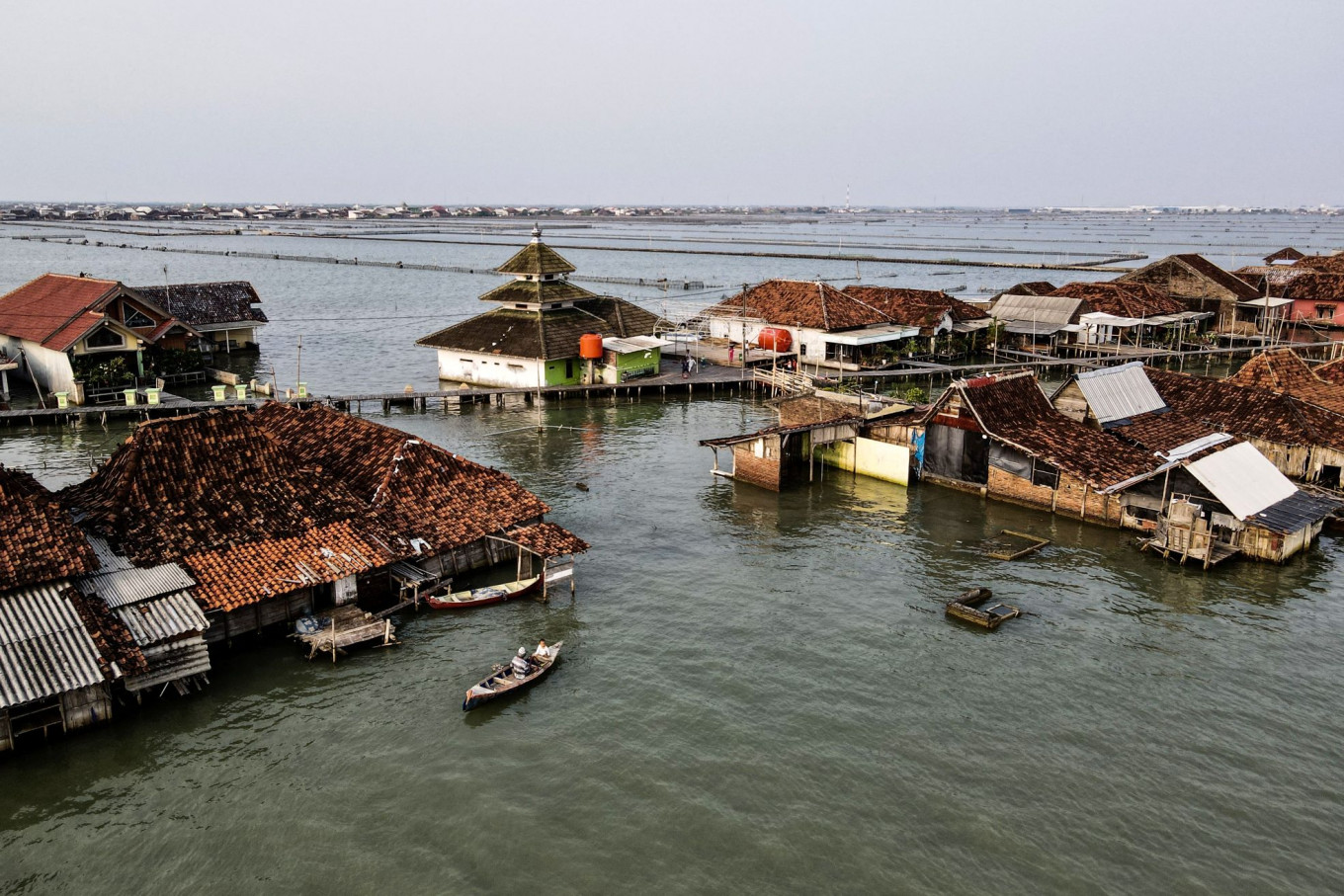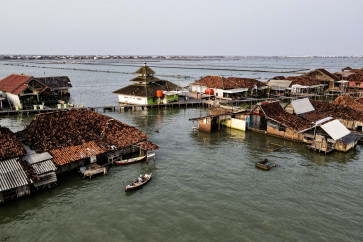Popular Reads
Top Results
Can't find what you're looking for?
View all search resultsPopular Reads
Top Results
Can't find what you're looking for?
View all search resultsThe world needs ocean-based climate solutions
To date, international support for climate action has fallen far short of meeting developing countries’ needs.
Change text size
Gift Premium Articles
to Anyone
F
ollowing the recent 2024 United Nations Climate Change Conference (COP29) in Baku, we are confronted with one pressing question: What’s next? With countries set to submit early next year their updated nationally determined contributions (NDCs) under the 2015 Paris climate agreement, the world has an opportunity, and a responsibility, to take transformative action to address the climate crisis. The ocean must be central to this effort.
Nobody understands this better than small island developing states (SIDS) like Palau. For us, climate policy is not some abstract debate about hypothetical future risks; it is a fight for survival. Already, coral reefs are undergoing bleaching; storms are becoming increasingly frequent and destructive; and droughts are undermining food security. Rising sea levels threaten not just our land, but also our culture, our way of life, and our very existence.
To date, international support for climate action has fallen far short of meeting developing countries’ needs. SIDS collectively receive less than 2 percent of global climate finance, even as they oversee 30 percent of the world’s territorial waters. It is a striking imbalance, especially given the ocean’s enormous untapped potential to help mitigate climate change.
The ocean is our planet’s largest carbon sink, absorbing 25 percent of all carbon dioxide emissions and a staggering 90 percent of the excess heat generated by a warming atmosphere. According to a 2023 report, ocean-based climate solutions can get us as much as 35 percent closer to our emissions-reduction targets for 2050, on a pathway that limits the global temperature increase to 1.5 degree Celsius. And mitigating climate change is just the beginning; a healthy ocean plays a pivotal role in creating sustainable livelihoods for vulnerable communities worldwide.
Consider nature-based solutions like the restoration of mangroves, seagrasses and coral reefs. Beyond sequestering carbon, these ecosystems act as natural defenses against rising seas and extreme weather, and they form the basis of local livelihoods. In Palau, marine protected areas safeguard biodiversity, support sustainable fisheries and bolster the tourist sector.
So far, the ocean, including the ecosystems it supports, has largely been treated as an afterthought in global climate strategies, sidelined in favor of more visible priorities like renewable energy and curbs on emissions. The High Level Panel for a Sustainable Ocean Economy has revealed that many of its member countries, which together govern half the world’s territorial oceans, have yet to integrate the ocean fully into their NDCs.
This omission represents a vital opportunity, which countries should seize as they prepare their NDC submissions before the February deadline. Putting the ocean at the center of our climate strategies would transform it from a silent victim of global warming into an active force for mitigation and resilience-building.



















